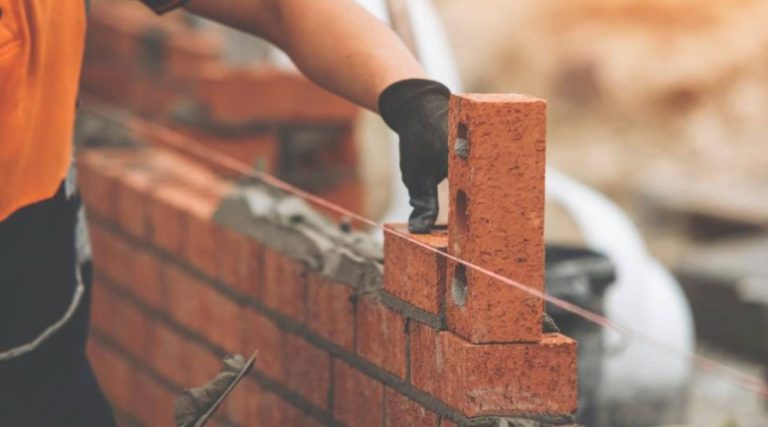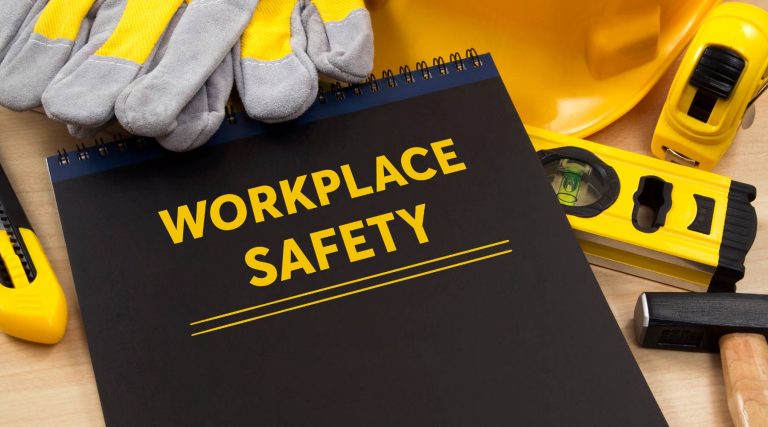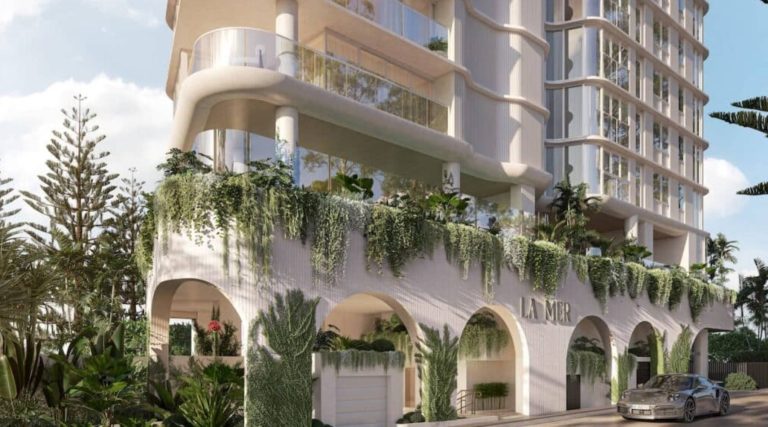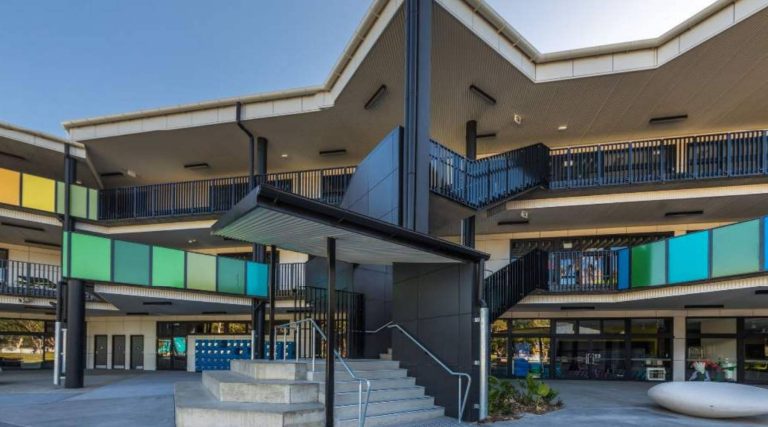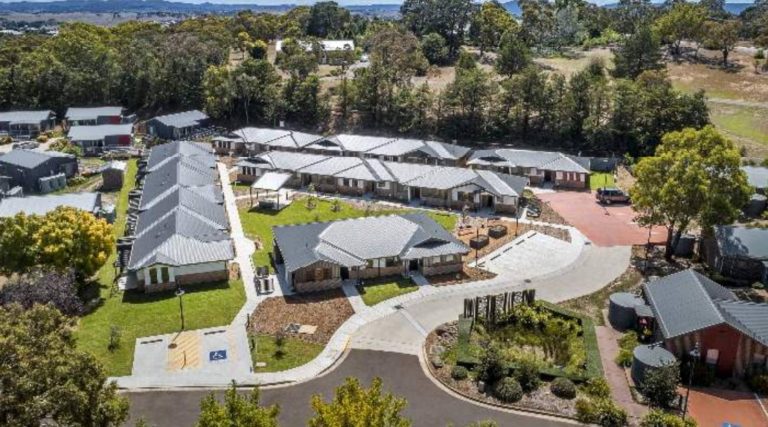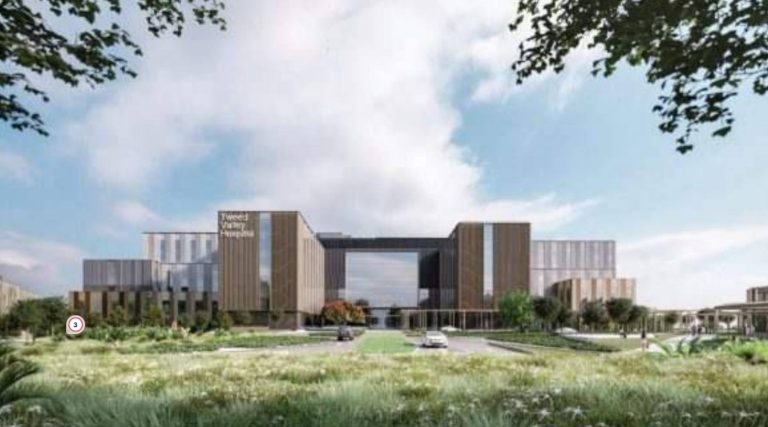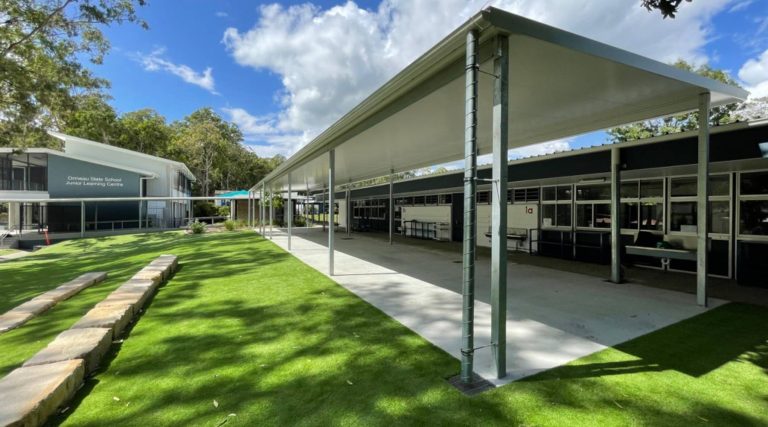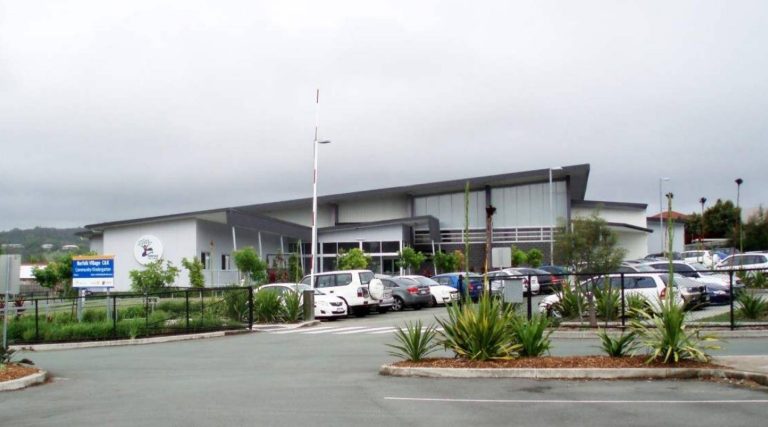In the wake of the Federal Budget and upcoming election, the Australian Institute of Architects is advocating for stronger national leadership to ensure Australia’s built environment is sustainable, resilient, and well-designed.
Jane Cassidy, National President of the Australian Institute of Architects, has stressed the importance of government policies that prioritise high-quality, sustainable design.
While the Institute welcomes investments in infrastructure and housing, it is also pushing for a strategic, design-led approach to maximise long-term value for communities, the economy, and the environment.
Cassidy stated: “Our built environment is at a crossroads.
“As we face rapid urbanisation, climate change, and housing affordability pressures, public investment must deliver enduring social, economic, and environmental benefits.”
The Institute’s federal election priorities include:
- Appointing a Federal Government Architect to lead national design strategies and ensure quality outcomes in government projects.
- Embracing innovation and modern construction methods to address housing shortages while supporting the transition to net zero.
- Delivering healthy, affordable, equitable, and sustainable housing that enhances community wellbeing.
- Strengthening building codes and supporting an orderly decarbonisation transition through the National Construction Code (NCC) and the Australian Building Codes Board (ABCB).
- Use architects and other licensed professionals to drive design-led approaches that improve urban outcomes, safety, and consumer confidence.
The Institute has welcomed Labor’s $17.1 billion investment in transport infrastructure and commitments to social and public housing, as well as the Coalition’s promise to invest $5 billion in essential infrastructure to fast-track housing.
Adam Haddow, the Institute’s National President-Elect, said establishing a Federal G overnment Architect would provide strategic oversight and lead to smart, scalable solutions.
While acknowledging initiatives such as the Housing Australia Future Fund (HAFF) and the National Housing Accord, the Institute is urging a stronger focus on sustainability and resilience.
It also advocates for investment in modern construction methods to improve affordability and efficiency, while ensuring updates to the NCC keep pace with industry advancements.
The Institute is calling for smarter policies that balance cost-effectiveness with long-term benefits, emphasising that housing affordability should not compromise safety, quality, or sustainability.
It also urges greater investment in climate-responsive design, adaptive reuse of existing buildings, and reduced embodied carbon in construction materials.



